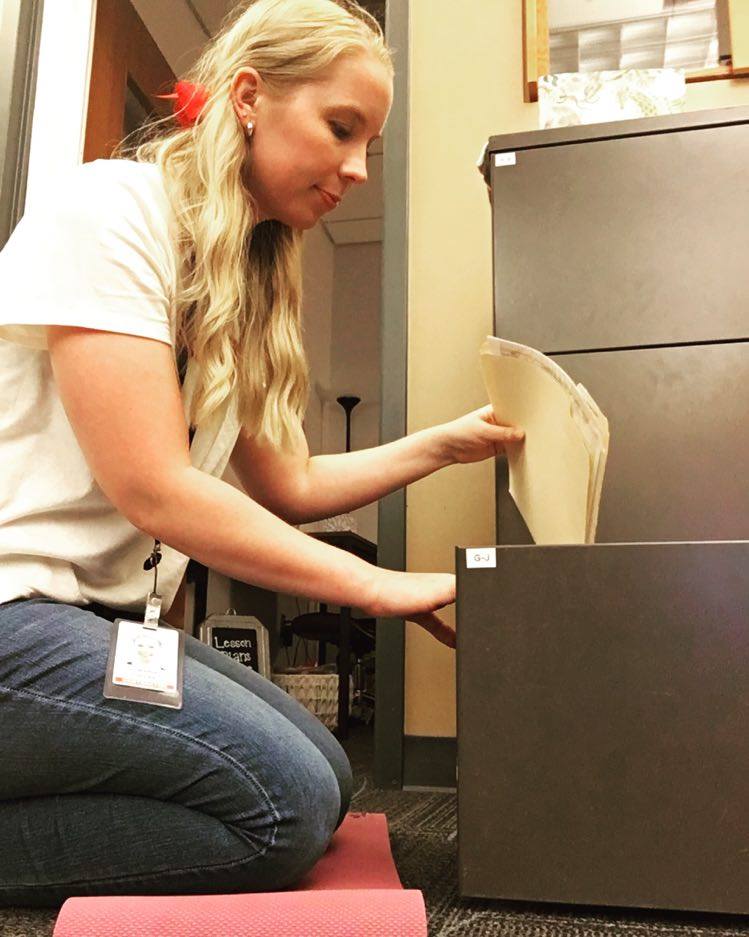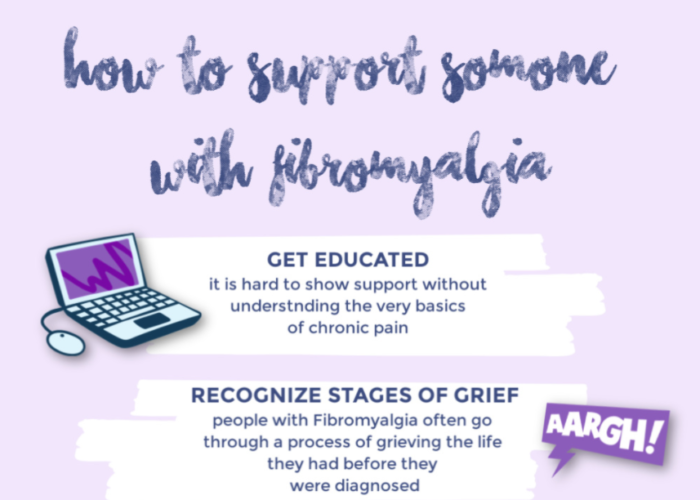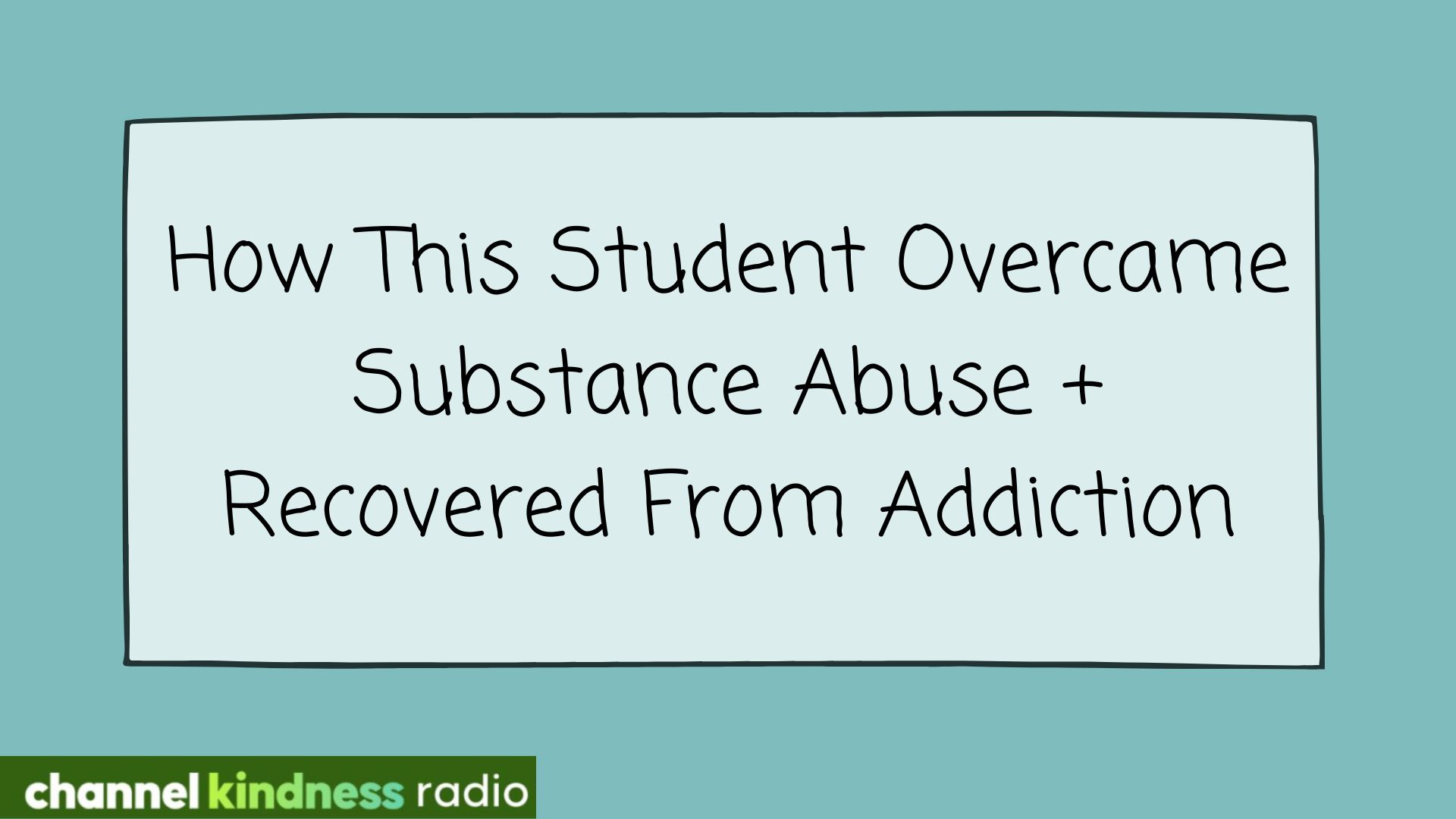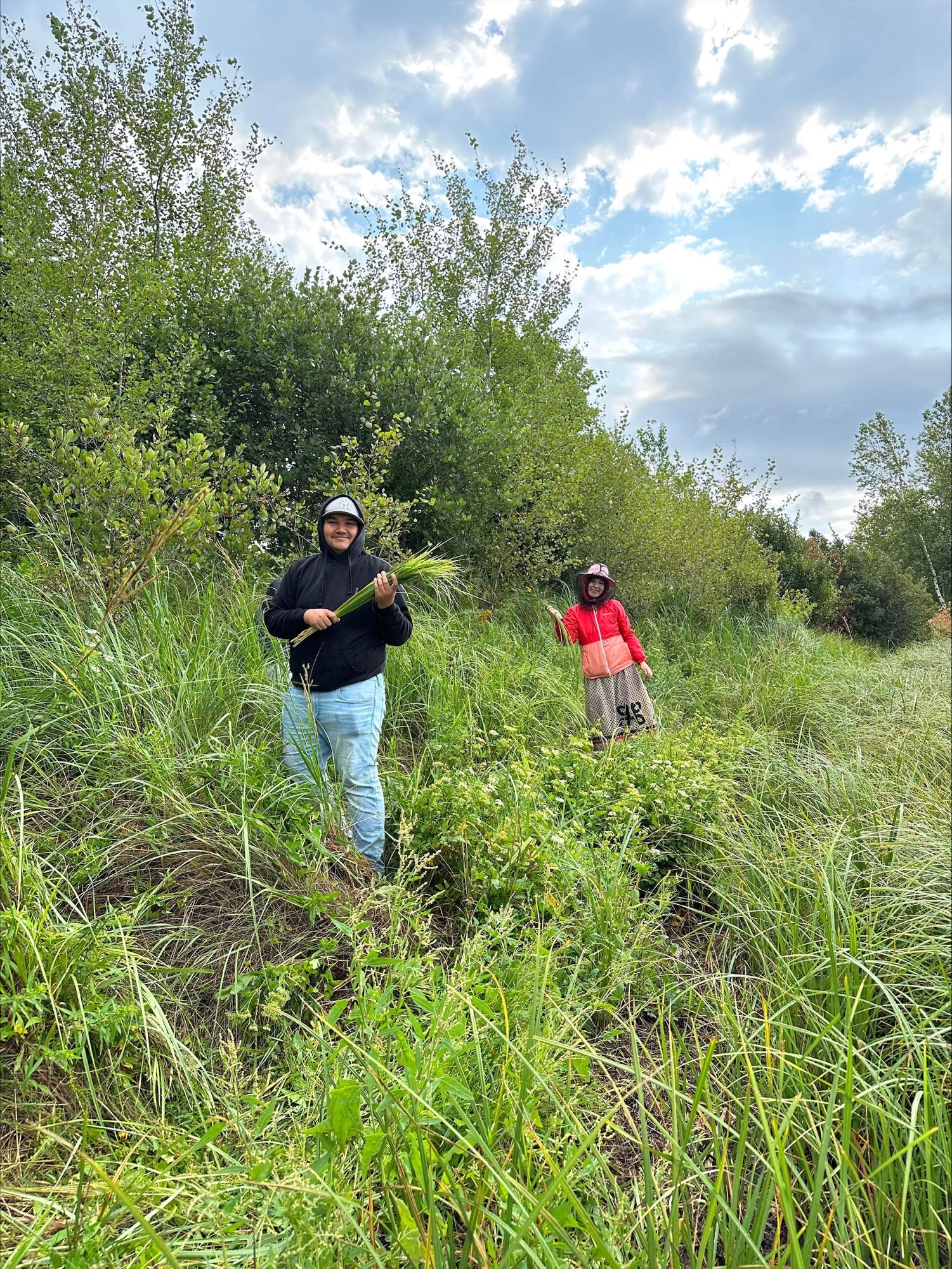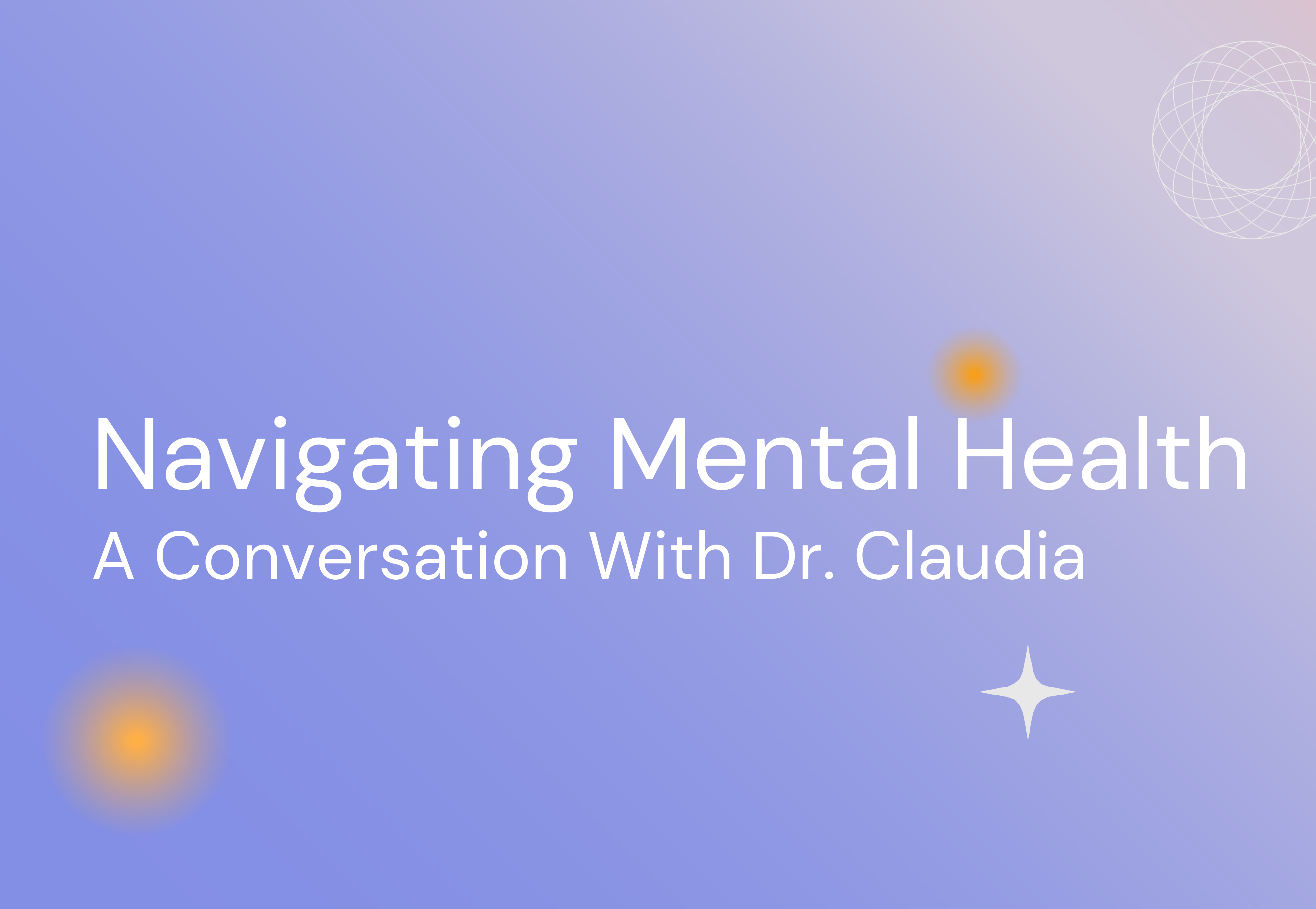When I was diagnosed with Fibromyalgia at age 19, there were significant adjustments and changes that took place in my life. While I had been living with the symptoms of this chronic pain condition since the age of 16, I could finally put a name to all the fatigue, brain fog, and numbness that I had been dealing with since suffering from a double concussion.
During this time, I was a full-time college student and was also working a part-time job as a cake decorator at a local grocery store. A few months after my diagnosis, I had one of the worst flare-ups I had ever experienced that completely knocked me down for the count. I emailed my professors and let them know that I would not be attending classes that day and planned to make up the work. The next task proved a bit more difficult as I attempted to call out of work for the day. When I spoke to my manager, I explained the amount of pain I was in and that I would need to take the rest of the day to let my body heal. I was told that another co-worker had already called out for the day, so if I was able to “get through it,” I needed to come in for my shift.
After taking a prolonged pause, I reluctantly agreed to come in for my shift. Looking back on the situation now (from the perspective of a recovering people pleaser), I know that going to work was not what my body needed. What I couldn’t understand at the time was why my manager saw that the need to make cakes was more significant than the need for empathy toward his employees. Sadly, this was not the only time an incident like this occurred, but what I have learned is that the common denominator between each occurrence was my manager’s lack of knowledge about my chronic illness. When I took the time to educate and explain the toll Fibromyalgia took on my life, it seemed to be the shortest path towards empathy.
At this point, I realized the genuine need for advocacy and education. From then on, I made it a point to discuss my illness with my bosses and co-workers at each new job I accepted. Most recently, in May of 2019, I took my most recent position with Bright Horizons working in early childhood education. Within the first week of starting, I sat down with the director. I had an open discussion about Fibromyalgia and how it affects my life and was met with honest questions about how they could make this the best work environment for me. To this day, I have co-workers offering to cover me for extra breaks if needed and am always reminded that to be the best teacher I can be for the wonderful little ones in my class that I need to take care of myself first. It is often the small steps that lead to significant changes, and I believe that advocating for yourself is that essential first step.
Check out how you can further support someone with fibromyalgia with some tips below, and don’t forget to visit the Fibromyalgia Care Society of America at https://www.fibro.org/ for more information, supporting tips, and helpful resources!
(Video and graphics courtesy of Caraline Shedd)




